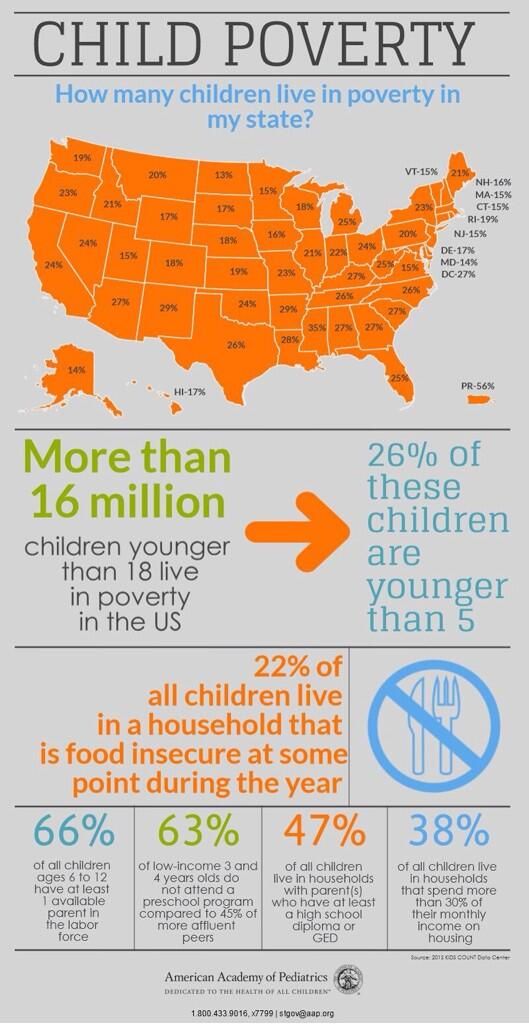How to raise a child on low income
What Low-Income Parenting Really Looks Like
Parenting under the best of financial circumstances is hard, let alone when money is tight.
My husband and I gave birth to twins as we were graduating from college and we were broke, in debt, and unemployed. Therefore, the first few years of our parenting journey were not only doubly hard because we were blessed with twins, but also because we had so little money to our name, even after my husband found employment. We struggled to meet minimum payments on credit cards each month and pay for all of our other bills and expenses.
Shortly after we graduated college and had our twins, we moved from Utah to Indiana where we could live with my in-laws for a few months until we could find employment, which we eventually did in Indianapolis. While grateful for a job, it was a low-paying teaching position, and my husband had about a 30 minutes commute in our only large gas-guzzling vehicle that always seemed to need another repair. When we moved into our apartment, we had to rely upon family and friends to furnish much of it, as much of our furniture was sold or left behind in Utah; there was only so much space in the trailer we rented and towed behind our vehicle.
During the second year of teaching at this school, my husband was in a serious car accident that broke his sternum and left him unable to work for about two months, as well as totaled our one and only vehicle.
This meant an even tighter financial situation, especially after we replaced our vehicle and started having to pay medical bills.
Thankfully, the car accident would eventually be the means by which we would free ourselves from our credit card debt and own two vehicles without loans. But, it was a while before the settlement occurred, and after my husband decided to go back to school for a Master’s Degree which left us relying heavily on student loans to live.
It is now more than five years since we welcomed twins into our home, and it wasn’t until this year that our financial situation finally seems solid, as we have savings in the bank and aren’t living paycheck to paycheck, and have financial plans and goals for the future.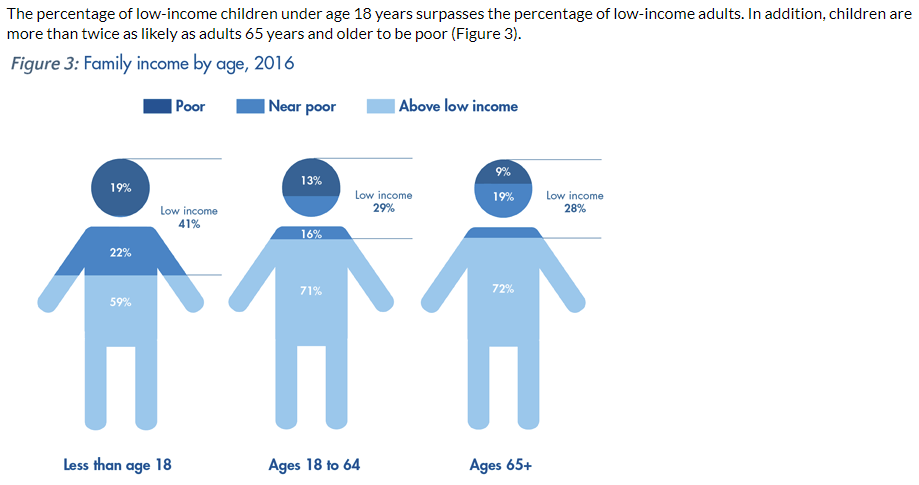 Money is still tight in many regards as my husband is now earning a PhD and we have two more children. But, we are the best off we’ve been in our whole marriage. And it’s a pretty great feeling.
Money is still tight in many regards as my husband is now earning a PhD and we have two more children. But, we are the best off we’ve been in our whole marriage. And it’s a pretty great feeling.
Many people may find it easy to criticize our family’s reproductive, educational, and vocational choices. But, we have never taken the stance that you wait until life is “perfect” to add to your family, nor should you let finances dictate your life. The good Lord has blessed us and seen us through and we’ve made it by better than many others.
Your financial situation tends to define who you are, though, and the choices you do make. While we didn’t really let finances stop us from expanding our family, it has defined our marriage, ourselves, our future, and our parenting.
Living poor helped me get over myself.
Being poor is a humbling experience. While I grew up in a poorer household, being the adult in that situation is a completely different feeling.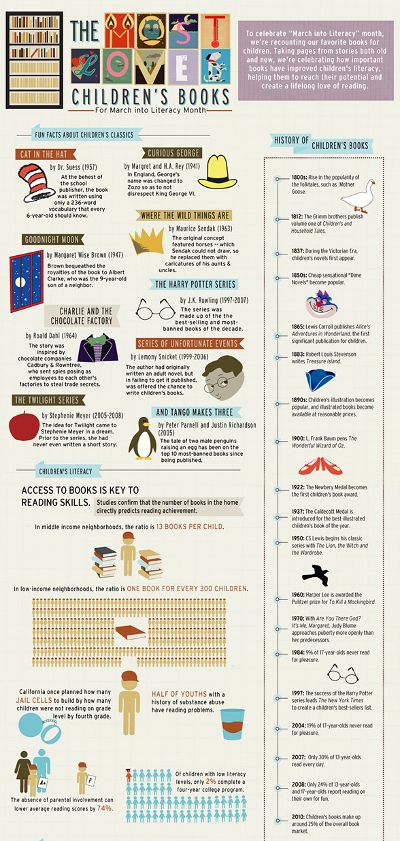
Anger, resentment, and jealousy are often very real and very present. You compare your life to others who are married with two kids and it’s hard not to be jealous when they own a beautifully decorated home, two cars, and their children are well dressed and cared for by relatives living in town as often as needed.
But it was early on that my husband and I realized that living with envy was really only damaging ourselves and our happiness. Our situation wasn’t going to change no matter how much wishing and dreaming we did. Bemoaning the merits of “fairness” wouldn’t suddenly change anything.
Instead, I decided to own up to our situation and stop comparing my home, my family, my life to another’s. How grateful I am that I learned this lesson so early in my motherhood career! It has allowed me to mostly stay aloof of all the Mommy wars and Mommy guilt that seem to plaque so many of my peers.
Living frugally, as our situation demanded, solidified our life of simplicity and better aligned our priorities.
The crafty decor projects and displays my friends would sometimes be found creating didn’t interest me as I thought about the money involved, even when it was only a few dollars. The shelves and rooms full of toys at other people’s homes reminded me how nice it is to not spend hours of my days picking up toys, especially when boxes and ordinary objects around our home really did entertain our children even more.
No, we didn’t want to meet some sort of made-up status quo on what our home needed. Instead, if we had a little extra money in the budget, we wanted to use it as a family, to enjoy something together, or on a date. We realized that experiences and time spent together were much better uses of our money than furnishing or decorating an apartment, having the latest clothes, or getting pampered. Besides, most of our possessions stood a good chance of getting destroyed by our adorable children anyway.
It’s for these reasons that when we did need to make a big purchase, we spent a lot more time shopping around, and figuring out ways to save even more.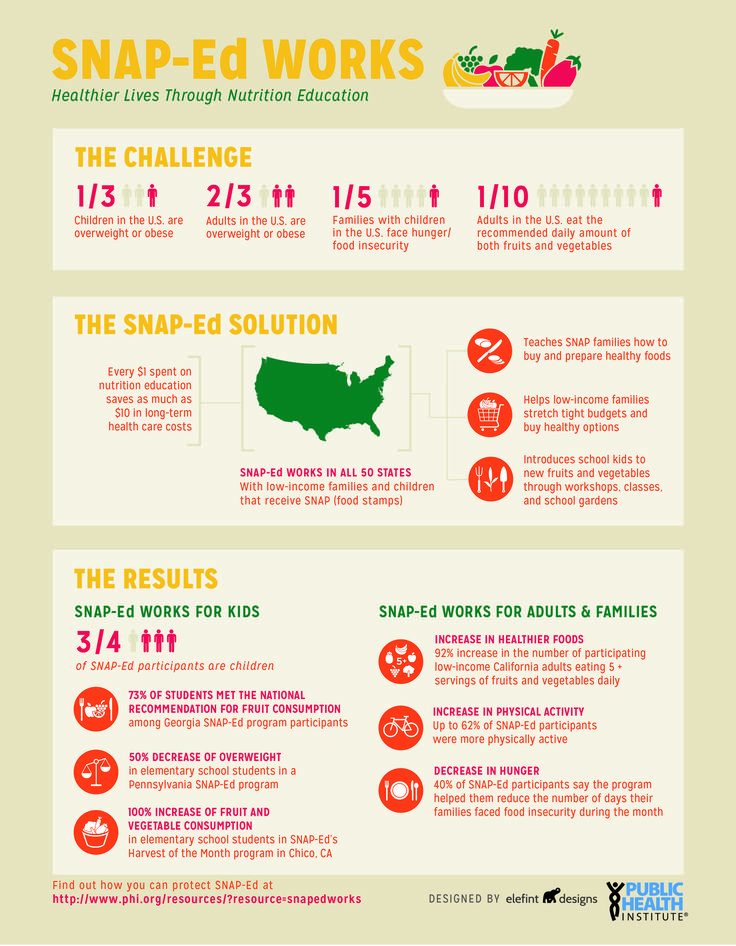 We even (eventually) learned to pass up things we didn’t really need, even if they were a great bargain. I learned quite a lot about couponing and simple ways to save money during our lean time.
We even (eventually) learned to pass up things we didn’t really need, even if they were a great bargain. I learned quite a lot about couponing and simple ways to save money during our lean time.
Living poor has really helped me be more sympathetic to others.
I understand what it feels like to be in a large amount of credit card debt. I understand what it feels like to say “No” when invited to an outing because you don’t have money to pay for it. I understand what it’s like to only have one vehicle, and live without a microwave and a dishwasher. I understand what it feels like to be at the mercy of others generosity to see you through a tough patch. I understand because I’ve done it.
But, I’ve also seen how wonderful people can be. It was in our times of trouble that I saw the generosity and good will of others.
In our season of life that was one of receiving, we realized how much we wanted to someday be in the opposite season of giving. So many people opened their homes, their vehicles, their extras, and their arms to us. Even people we did not know. In our recent financial stability, we often look for opportunities to be that helping hand to others, in whatever capacities we can.
So many people opened their homes, their vehicles, their extras, and their arms to us. Even people we did not know. In our recent financial stability, we often look for opportunities to be that helping hand to others, in whatever capacities we can.
Starting off our marriage as poor college students, then poor parents, has been a blessing to us, despite the rocky journey. While parenting itself has redefined my life and my identity, parenting while poor has helped me clear the unnecessary things from my life, prioritize family over objects, grow in love and sympathy for others, and see the bigger picture.
How has your financial situation changed your life as a parent?
Katelyn Fagan is a 20-something wife and homeschooling mom of 4 young kids, including a set of twins. She loves being active, reading books, and being a Christian (Mormon). She writes about raising kids, pinching pennies, and living simply on her blog What’s up Fagans?. Follow her on Facebook, Twitter, Pinterest, Instagram, and Google+!
This post is a part of a series of posts from Mothers who are sharing their personal stories of Motherhood.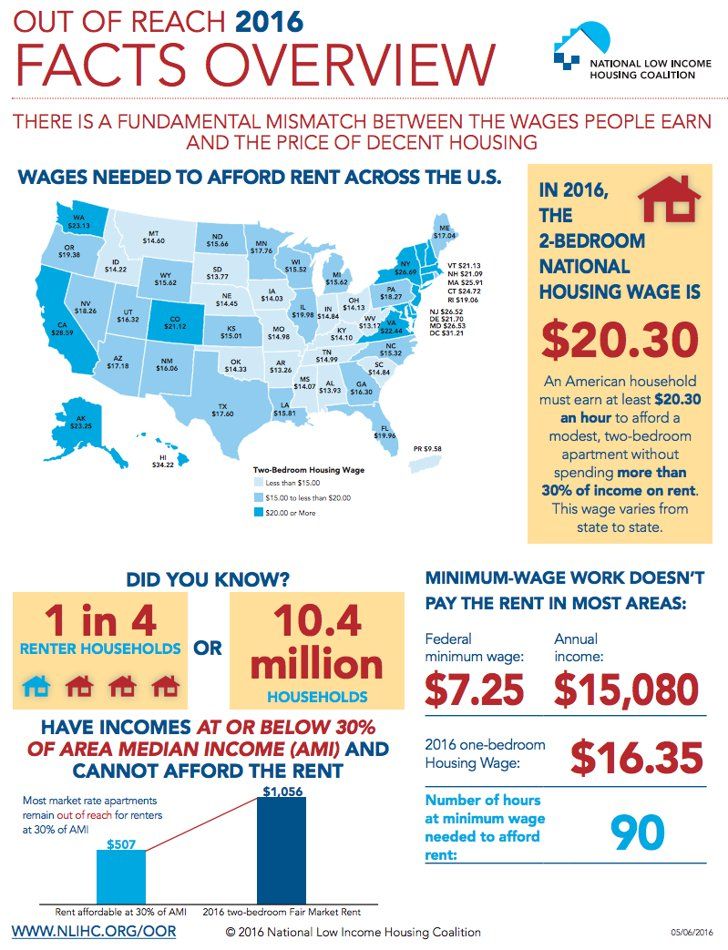 Head over to these posts to read more great stories:
Head over to these posts to read more great stories:
A Mother’s Grief
When Do We Become Mothers?
The Cost of Raising a Child
Posted by Mark Lino, Economist at the Center for Nutrition Policy and Promotion in Food and Nutrition
Feb 18, 2020
Families Projected to Spend an Average of $233,610 Raising a Child Born in 2015.USDA recently issued Expenditures on Children by Families, 2015. This report is also known as “The Cost of Raising a Child.” USDA has been tracking the cost of raising a child since 1960 and this analysis examines expenses by age of child, household income, budgetary component, and region of the country.
Based on the most recent data from the Consumer Expenditures Survey, in 2015, a family will spend approximately $12,980 annually per child in a middle-income ($59,200-$107,400), two-child, married-couple family.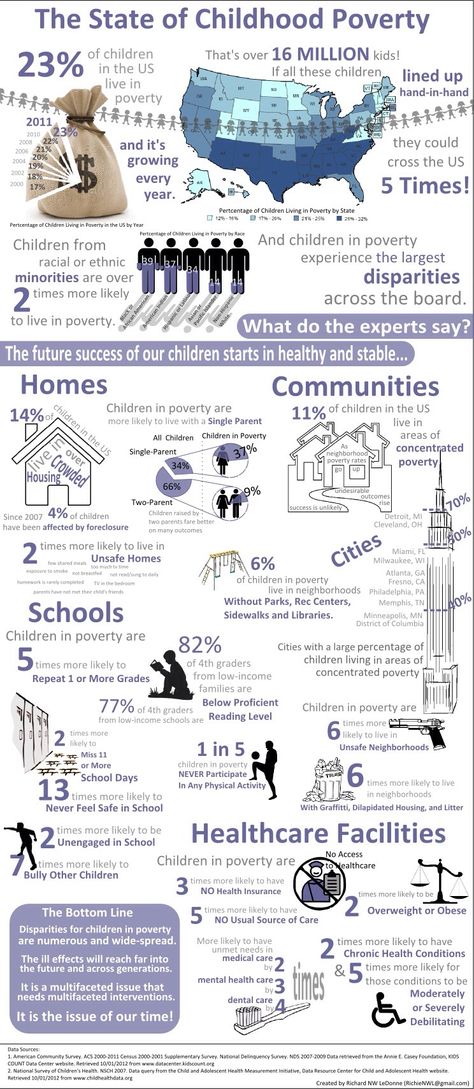 Middle-income, married-couple parents of a child born in 2015 may expect to spend $233,610 ($284,570 if projected inflation costs are factored in*) for food, shelter, and other necessities to raise a child through age 17. This does not include the cost of a college education.
Middle-income, married-couple parents of a child born in 2015 may expect to spend $233,610 ($284,570 if projected inflation costs are factored in*) for food, shelter, and other necessities to raise a child through age 17. This does not include the cost of a college education.
Where does the money go? For a middle-income family, housing accounts for the largest share at 29% of total child-rearing costs. Food is second at 18%, and child care/education (for those with the expense) is third at 16%. Expenses vary depending on the age of the child.
As families often need more room to accommodate children, housing is the largest expense.We did the analysis by household income level, age of the child, and region of residence. Not surprising, the higher a family’s income the more was spent on a child, particularly for child care/education and miscellaneous expenses.
Expenses also increase as a child ages. Overall annual expenses averaged about $300 less for children from birth to 2 years old, and averaged $900 more for teenagers between 15-17 years of age.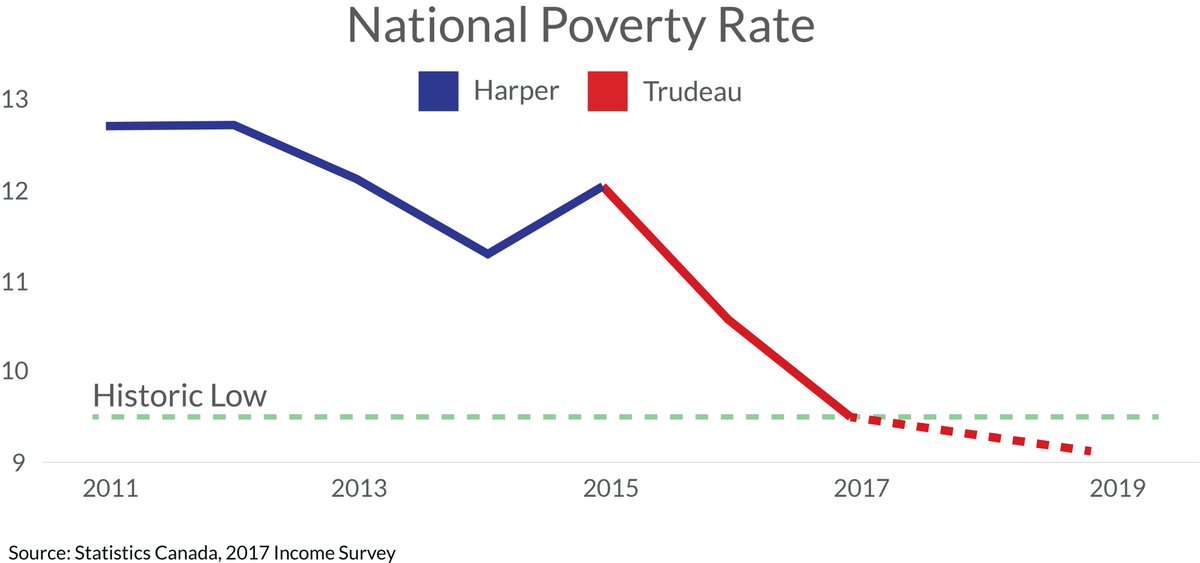 Teenagers have higher food costs as well as higher transportation costs as these are the years they start to drive so insurance is included or a maybe a second car is purchased for them.
Teenagers have higher food costs as well as higher transportation costs as these are the years they start to drive so insurance is included or a maybe a second car is purchased for them.
Regional variation was also observed. Families in the urban Northeast spent the most on a child, followed by families in the urban West, urban South, and urban Midwest. Families in rural areas throughout the country spent the least on a child—child-rearing expenses were 27% lower in rural areas than the urban Northeast, primarily due to lower housing and child care/education expenses.
Child-rearing expenses are subject to economies of scale. That is, with each additional child, expenses on each declines. For married-couple families with one child, expenses averaged 27% more per child than expenses in a two-child family. For families with three or more children, per child expenses averaged 24% less on each child than on a child in a two-child family. This is sometimes referred to as the “cheaper by the dozen” effect.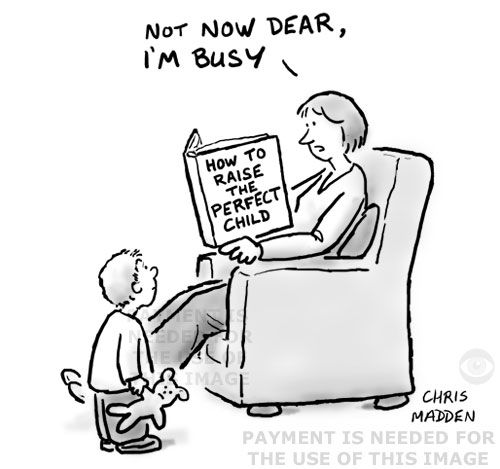 Each additional child costs less because children can share a bedroom; a family can buy food in larger, more economical quantities; clothing and toys can be handed down; and older children can often babysit younger ones.
Each additional child costs less because children can share a bedroom; a family can buy food in larger, more economical quantities; clothing and toys can be handed down; and older children can often babysit younger ones.
This report is one of many ways that USDA works to support American families through our programs and work. It outlines typical spending by families from across the country, and is used in a number of ways to help support and education American families. Courts and state governments use this data to inform their decisions about child support guidelines and foster care payments. Financial planners use the information to provide advice to their clients, and families can access our Cost of Raising a Child calculator, which we update with every report on our website, to look at spending patterns for families similar to theirs. This Calculator is one of many tools available on MyMoney. gov, a government research and data clearinghouse related to financial education.
gov, a government research and data clearinghouse related to financial education.
This year we released the report at a time when families are thinking about their plans for the New Year. We’ve been focusing on nutrition-related New Year’s resolutions – or what we are referring to as Real Solutions - on our MyPlate website, ChooseMyPlate.gov. This report and the updated calculator can help families as they focus on financial health resolutions. This report will provide families with a greater awareness of the expenses they are likely to face while raising children.
In addition to the report and the calculator, we also have a dedicated section on ChooseMyPlate.gov that provides tips and tools to aid families and individuals in making healthy choices while staying on a budget. For strategies beyond food, our friends at MyMoney.gov offer a wealth of information to help Americans plan for their financial future.
For more information on the Annual Report on Expenditures on Children by Families, also known as the cost of raising a child, go to: www. fns.usda.gov/resource/expenditures-children-families-reports-all-years.
fns.usda.gov/resource/expenditures-children-families-reports-all-years.
*Projected inflationary costs are estimated to average 2.2 percent per year. This estimate is calculated by averaging the rate of inflation over the past 20 years.
Editor’s Note (March 8, 2017): The comparison of rural vs. urban northeast child care and education value has been updated.
Visit the U.S. Department of the Treasury’s MyMoney.gov for more resources to ensure financial well-being this New Year’s season!Category/Topic: Food and Nutrition
Tags: children choosemyplate.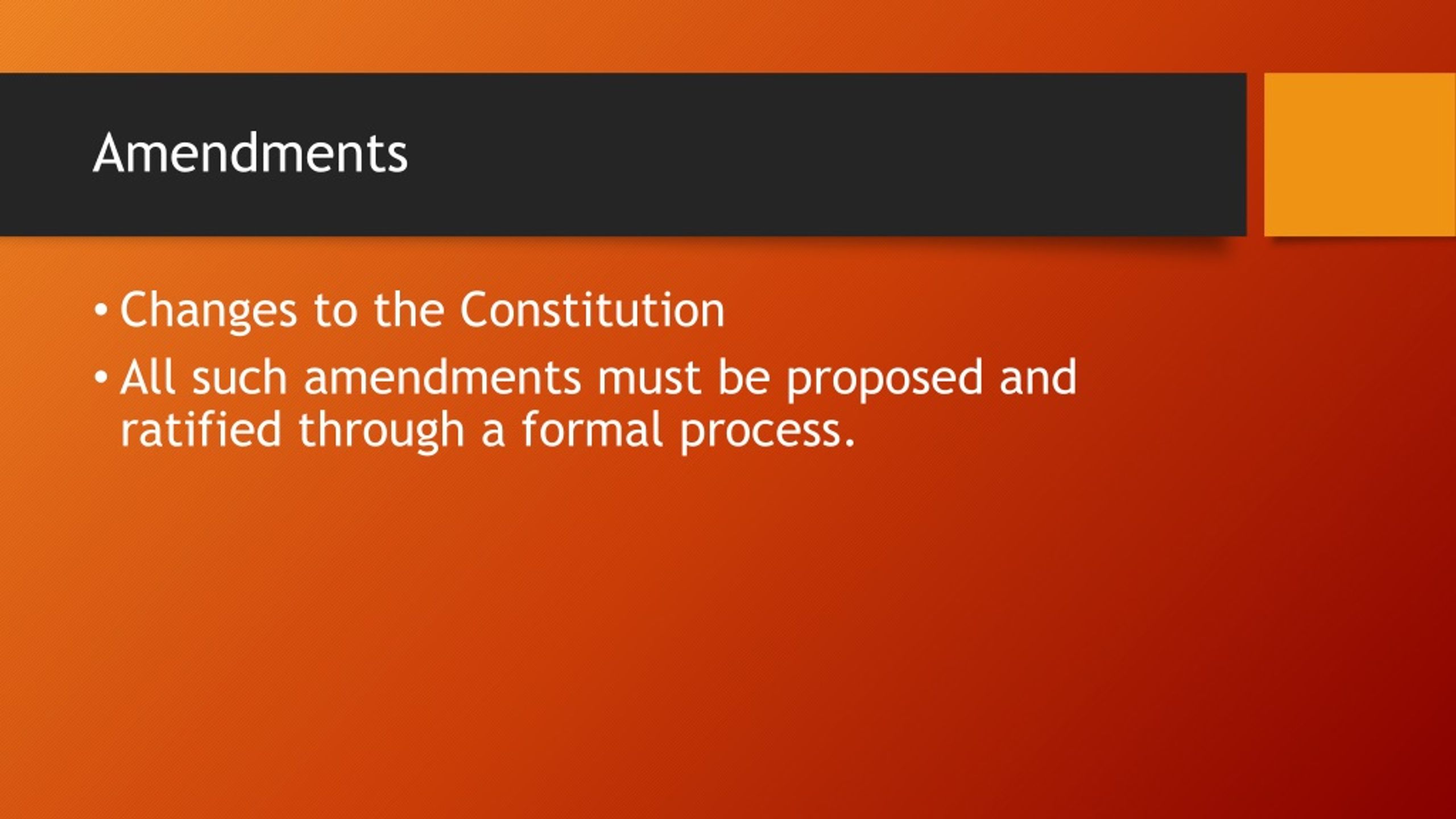 gov CNPP Cost of Raising a Child economics Expenditures on Children by Families Food and Nutrition mymoney.gov MyPlate Research
gov CNPP Cost of Raising a Child economics Expenditures on Children by Families Food and Nutrition mymoney.gov MyPlate Research
Write a Response
Comments
SEVEN PARENTING STYLES: HOW EACH OF THEM AFFECTS ADULT LIFE
A good parent, while raising a child, educates himself. What should mom and dad do if they want their beloved child to be able to control himself in adulthood, not suffer from low self-esteem and always learn from a difficult situation? The main principles are love, personal example and consistency. It is necessary to know not only general recommendations, but also the influence of parenting style on the appearance of both desirable and unforeseen character traits.
Specialists of the “No to orphanhood!” program The Rinat Akhmetov Foundation offers parents an article by psychologist Erika Kartveli on the impact of different parenting styles on the future fate of a child.
Secrets of successful upbringing
The same style of upbringing in relation to children with different psychotypes also forms completely different character traits. That is why those parents who think that by adhering to some kind of rigid upbringing scheme (albeit an experienced teacher), one can get a predictable result, fail. Education is a constant creative process of interaction between parents, educators, teachers, surrounding adults and children. The socio-historical period in which a person was born and develops is also important.
The basis of personality, of course, is laid in the family. Further, the child in society strings his personal life experience on this basis, sometimes coming into conflict with the attitudes that are laid down in the family and declared by the media.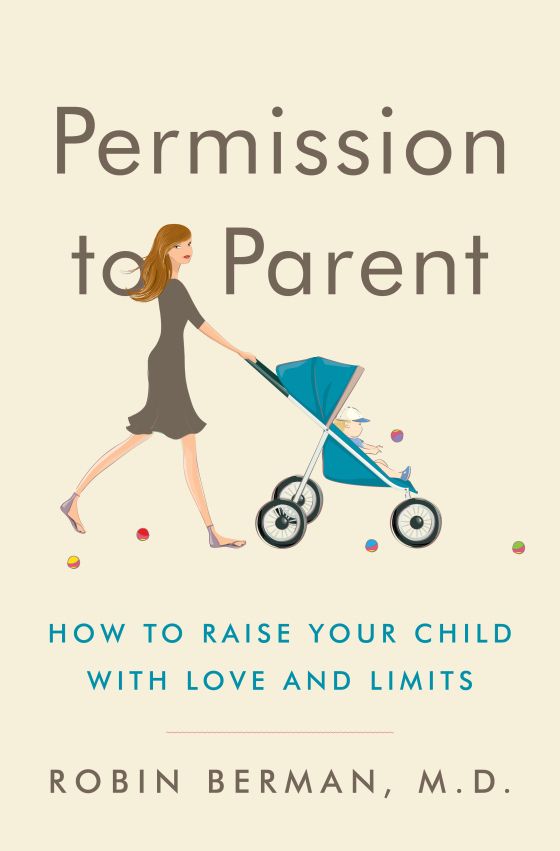
Harmony is the balance of internal attitudes, attitudes, beliefs with what is happening in the family, at work, in the country, in the world! Therefore, our forward movement is a search for balance, including in education.
Children differ from adults in that they act impulsively and directly. This is the main sign of a healthy and trusting preschool child.
If this does not happen, then most likely there is an unfavorable situation in the family, internal conflict (problems) of both or one of the parents, scandals, inconsistent upbringing of the child, reinforcement of individualism and egoism, acquisitiveness, ignoring the opinions of all family members by one, suppression of the child's initiative , weak discipline, disorganized leisure or, on the contrary, lack of free time for children due to excessive teaching load and overprotection, excessive control over every step.
In early childhood, the baby is unable to express his own emotions, so he reflects the emotions of the people around him.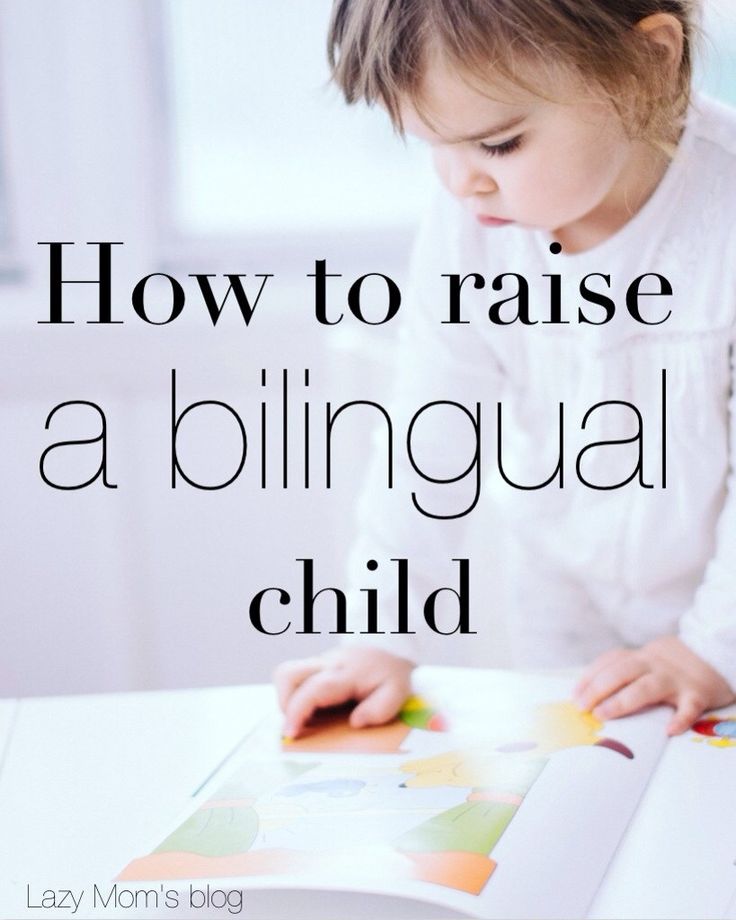 Thus, if the unique system of relations between the child and the environment is regulated by positive emotions, then it is obvious that the motive of desire for joy will become the norm for him. And this is exactly what parents want for their children - happiness in life!
Thus, if the unique system of relations between the child and the environment is regulated by positive emotions, then it is obvious that the motive of desire for joy will become the norm for him. And this is exactly what parents want for their children - happiness in life!
Let's now look at several parenting styles that are possible in a family. This will help to understand more specifically how our relationships prevent the child from optimally adapting to society. What you need to try to change in the family and in yourself in order to develop your child as a healthy and positive person. A good parent, raising a child, educates himself! Therefore, sometimes they say that children bring up their parents.
Parenting styles and their influence on a person’s adult life
“Detached parenting style”
Perhaps the absence of a head in the family, shifting parental responsibilities to educators, teachers, inability or unwillingness to orient and support the child for successful activity , the constant voicing of complaints by parents about a difficult life. This style of parenting can form a person with low self-control, low self-esteem, inability to learn from a problem situation, inability to manage oneself in difficult situations.
This style of parenting can form a person with low self-control, low self-esteem, inability to learn from a problem situation, inability to manage oneself in difficult situations.
Conclusion: it is necessary to clearly distribute roles in the family, responsibilities between family members, including the child. We monitor their implementation, explain to the child what “must” means, stop whining and scaring the child with difficulties.
"Parental parenting style"
Directive parenting style, where the child is completely formed under the influence of the parents' attitudes and control over their implementation. Common in patriarchal social societies, considered conservative. Forms, as a rule, good performers who strive for achievements through development, possessing strong-willed qualities.
At the same time, if the child is sensitive, with basic anxiety, then this style of education can lead to nervous breakdowns and unconscious negative reactions, aggression.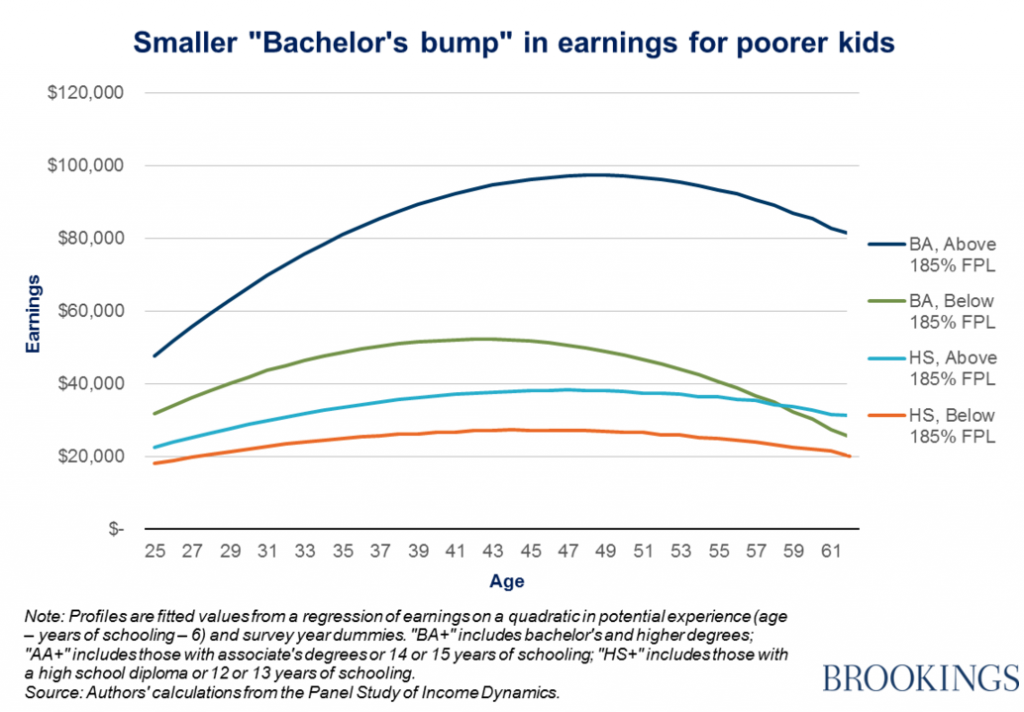 If the performer finds himself in a leadership position, he is extremely impulsive and unpredictable due to constant stress, because it is difficult for him to make an independent decision.
If the performer finds himself in a leadership position, he is extremely impulsive and unpredictable due to constant stress, because it is difficult for him to make an independent decision.
Conclusion: trying to understand why we educate like this? Whether this is an imitation of the parental family, or the fastest way to get the appearance of order, regularity, then there is a reason to sort out your fears and goals. In any case, you should not expect happy laughter and high achievements from a child with such a parenting style.
"Rejected in a large family"
The upbringing of a personality in a large family in a generally friendly environment with a high income, but the lack of understanding of the child and the preference of parents for brothers and sisters is manifested in the child's opposition of his interests in relation to other family members. It forms an enterprising personality in resolving conflict situations, and if the child is inquisitive, sensitive and manageable, then it is very focused on positive social values. However, in a difficult problematic situation, it cannot withstand high stress loads, and breakdowns are possible.
However, in a difficult problematic situation, it cannot withstand high stress loads, and breakdowns are possible.
Conclusion: In a large family, we distribute attention and support, if possible, according to age and equally.
“Depressive states against the background of financial problems”
Being raised by parents who demonstrate a depressed mood and conflict because of financial problems forms a manifestation of the desire for self-assertion without the ability to control oneself in difficult life situations.
Conclusion: improvement of the general culture of communication, joint search for solutions to financial problems. Even if there is no reason for fun, the child is not obliged to share adult problems with parents, otherwise you will grow up an antisocial person.
"Maternal upbringing with elements of indulgence"
Suppresses the child's volitional qualities. Forms a child's passivity, the inability to realistically assess their desires and capabilities.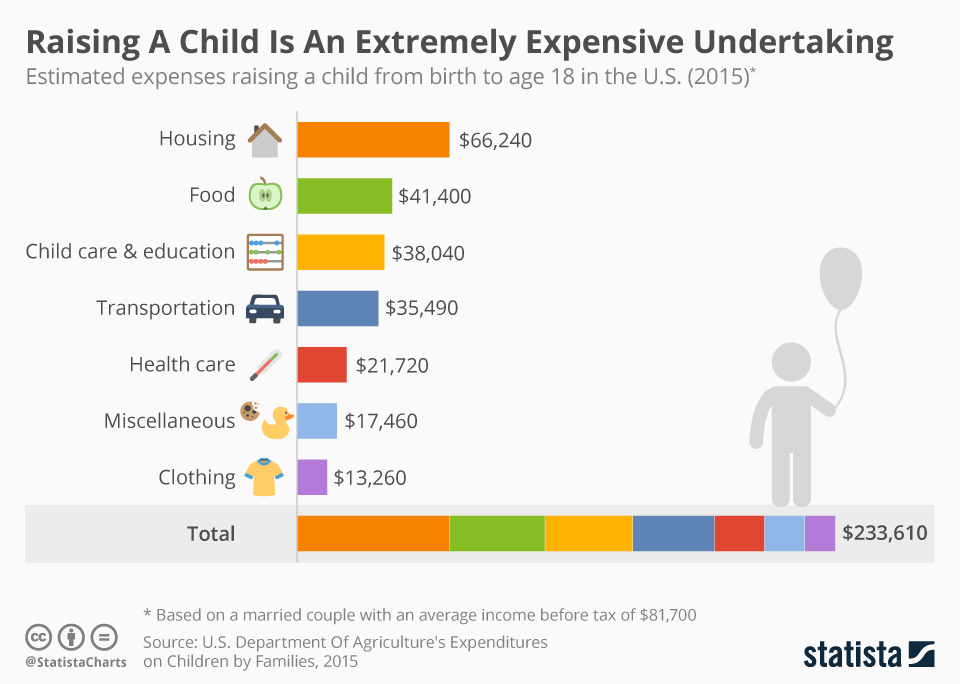 Great claims to the world.
Great claims to the world.
Conclusion: to give the child more independence, for example, choosing clothes for a walk, asking about food preferences, etc., where independent decision-making based on desires (without fanaticism) is supported. Mom should deal with her fears, the reasons for distrust of the world.
“Liberal parenting style”
The child is allowed to express his desires as much as possible, except in life-threatening situations. Forms a vivid manifestation of feelings, moods, thoughts. Demonstrative type with a desire for self-affirmation. He exaggerates any negative situation and reacts very emotionally and painfully to it. There may be a lack of understanding of personal and social boundaries in the child. It will be difficult for him to resolve problems without conflict, which can lead to non-constructive forms of behavior.
Conclusion: Reasonable boundaries are still needed. Parents need to express their emotions and opinions where the child violates the boundaries of others.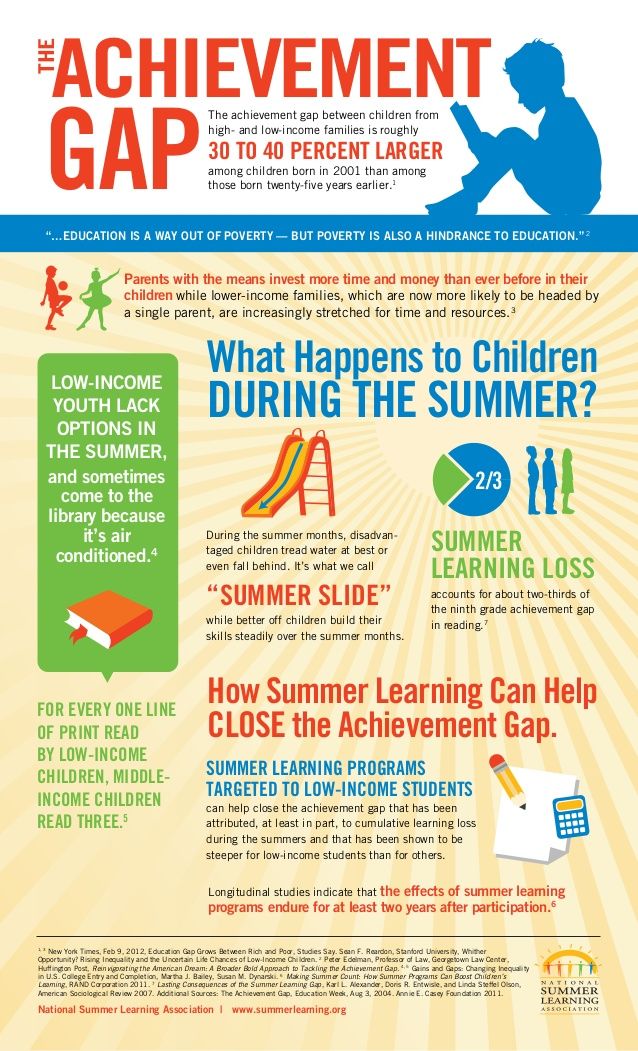
"Education by corporal punishment"
Manifested in the passivity and manageability of the personality. Easily follows the lead of another, stronger, both physically and mentally, personality. If by nature the child has leadership inclinations, then it becomes very aggressive towards the weaker ones.
Conclusion: stop violence before we turn a child into a potential criminal. If parents love each other, even with a low income, then the personality of the child is formed with a focus on self-development, high achievements, self-realization.
These are just examples, as you understand, there can be a lot of options. You probably noticed from the styles described above that personality formation is most influenced by such factors as:
• Family structure: complete or incomplete, several children or one, here we can add that the presence of the older generation in education has a positive value . In working with clients, it is one of the resources for restoring a whole and successful personality after crisis periods in life, since grandparents are less critical of their grandchildren than parents, and the child, feeling unconditional love, retains a sense of acceptance of his personality for the rest of his life, even if he forgets about it.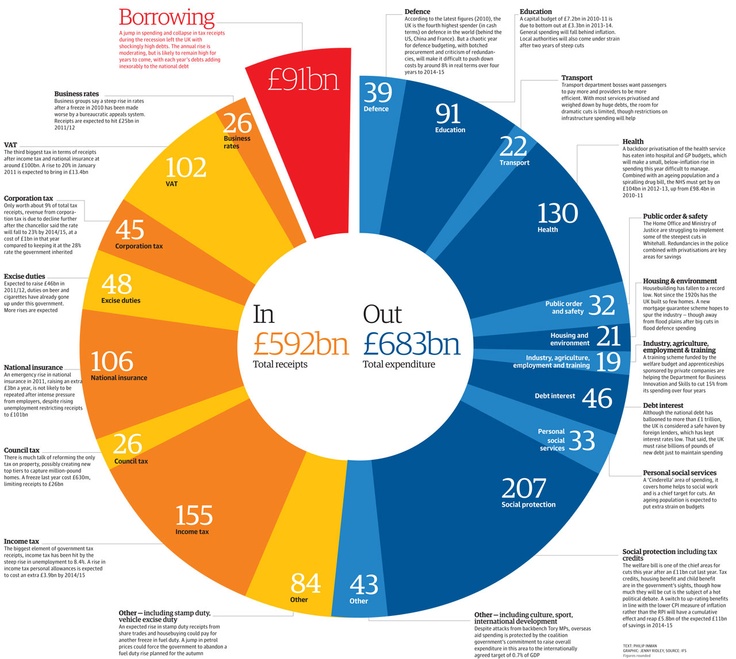 Therefore, a kind, wise nanny for a baby, communication with an elderly good neighbor, if there are no grandmothers, is highly desirable.
Therefore, a kind, wise nanny for a baby, communication with an elderly good neighbor, if there are no grandmothers, is highly desirable.
• Ways of resolving conflicts and their types: avoidance, aggression, conversation, indifference, complaints…
• Formation of independence: overprotection or, on the contrary, indifference.
• Participation of family members in the control of the child: it is best if the roles are distributed in this matter. For example, mom controls the implementation of sanitary and hygienic procedures, and dad controls the order in the children's territory.
• Methods of punishment: the consequences of violence are described above, adequate punishment is commensurate with the misconduct, for example, if a child breaks a cup, then simple regret and explanation are enough, and not violent indignation, because the child himself is upset because of awkwardness. This is how trust is formed when the baby knows that he will always be supported and understood in the family!
Trust between family members creates a safe environment for the formation of personality, a sense of support for any undertakings in the future.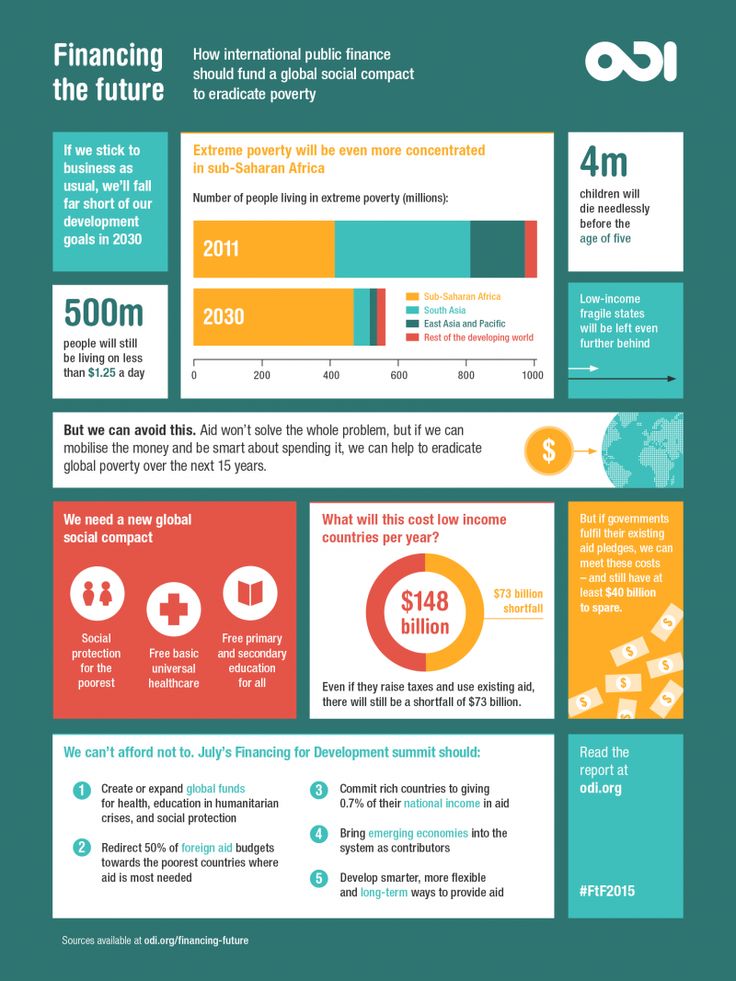
Conclusion: we love each other. Average income is quite enough to raise a successful person. The main thing, as it was said at the beginning of the article, is to learn to love and be consistent!
Source: econet.ru
Share advice:
(Not) children's stories: how to make a child an eternal loser or a happy leader
(Not) children's stories: how to make a child an eternal loser or a happy leader | Big Ideas PsychologyArticle published in Harvard Business Review Russia Oliver James hbr.org
Editorial : What influences a person's destiny more: genes or upbringing? Why are children from the same family so different from each other? How to get rid of the labels that have been with us since childhood? British psychologist Oliver James answers these questions and more in his book It's Not About Genes: Why (Really) We Look Like Our Parents, published by Alpina Publisher.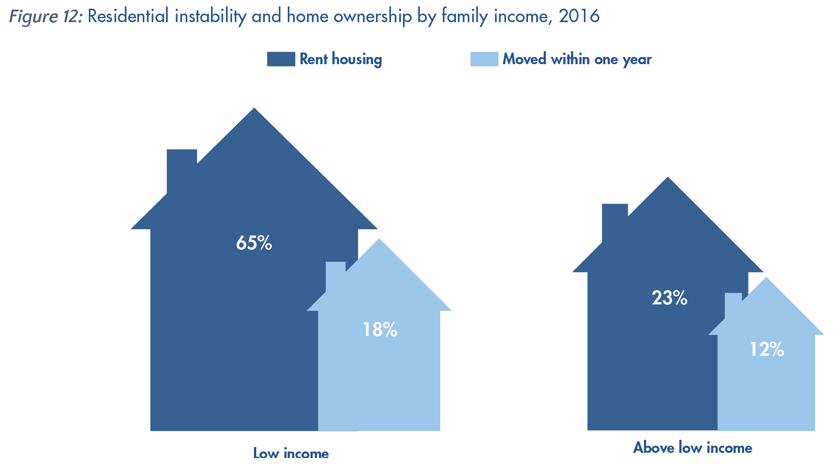 We publish some interesting fragments from it.
We publish some interesting fragments from it.
Mistreatment and love (Why are children in the same family so different)
At an early age, care and love are as useful as indifference is harmful, and each parent treats their children in their own way. In general, many character traits are indeed passed down from generation to generation, but not as often as you might think. Attitude towards children can be so different that they are often different, like strangers. If one of the children is an extrovert, the other with a probability of 85% will not be so. If one suffers from a mental illness - depression or neurosis, the other child with a probability of 90% will be mentally healthy. If you are very smart, chances are your brothers or sisters are not. The most important thing here is this: whether people will be the same depends more on upbringing than on belonging to the same family. Sexually abused children from different backgrounds are more similar to each other than to their non-abused siblings. Favorite children who are not related by family ties are more similar to each other than to their brothers and sisters, who were less loved. If one of the identical twins has been sexually abused or bullied and the other has not, he will be more like the other victim than his genetic counterpart. If children in the same family are similar, answer the question "Why?" much easier than when they are different. In all families, upbringing is somewhat similar. Family culture is reflected in children. For example, both of my parents worked as psychoanalysts.
Favorite children who are not related by family ties are more similar to each other than to their brothers and sisters, who were less loved. If one of the identical twins has been sexually abused or bullied and the other has not, he will be more like the other victim than his genetic counterpart. If children in the same family are similar, answer the question "Why?" much easier than when they are different. In all families, upbringing is somewhat similar. Family culture is reflected in children. For example, both of my parents worked as psychoanalysts.
Readers can imagine what heated debates were going on at our table, and the main subject was the question of what comes first, nature or education. As adults, all four of us went through some form of psychotherapy and became psychotherapists ourselves. My three sisters and I inherited an interest in these matters as a result of our upbringing. Genes have nothing to do with the fact that, as we get together, we are still arguing about the role of genes in our characters.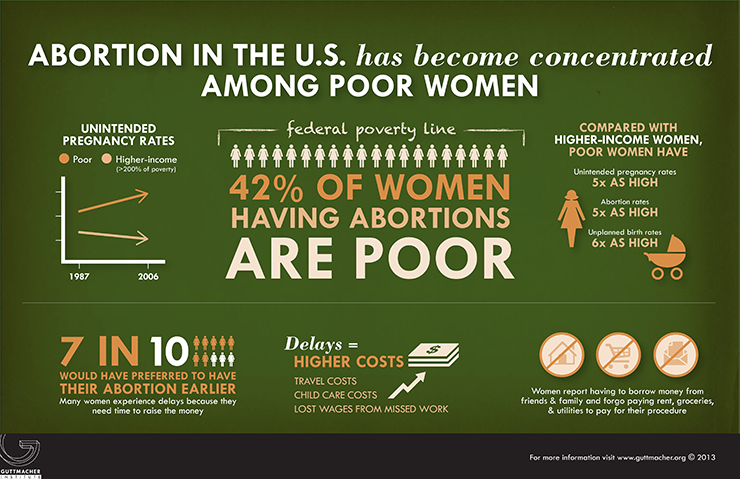 The same applies to many families of engineers or lawyers, where issues related to technology or law are discussed. The fact that the influence of genes on the formation of the same psychology in children in the same family is small or absent is quite obvious. Twin studies have suggested that children's similarity is almost entirely due to genes, but HGH disproves this view: in twin studies, genetic heritability was simply confused with the same upbringing. If you grew up in a conservative family or a family with leftist political views, it is not hard to guess that you will have similar views. You wouldn't argue that middle-class kids read more than low-income kids and score higher on intelligence tests because of their genes.
The same applies to many families of engineers or lawyers, where issues related to technology or law are discussed. The fact that the influence of genes on the formation of the same psychology in children in the same family is small or absent is quite obvious. Twin studies have suggested that children's similarity is almost entirely due to genes, but HGH disproves this view: in twin studies, genetic heritability was simply confused with the same upbringing. If you grew up in a conservative family or a family with leftist political views, it is not hard to guess that you will have similar views. You wouldn't argue that middle-class kids read more than low-income kids and score higher on intelligence tests because of their genes.
All children are influenced by their parents. People often say: "We were born in the same family, we were raised the same way, but look how different we are - it must be in the genes?" Many people find it much harder to accept differences between children in the same family as non-genetic.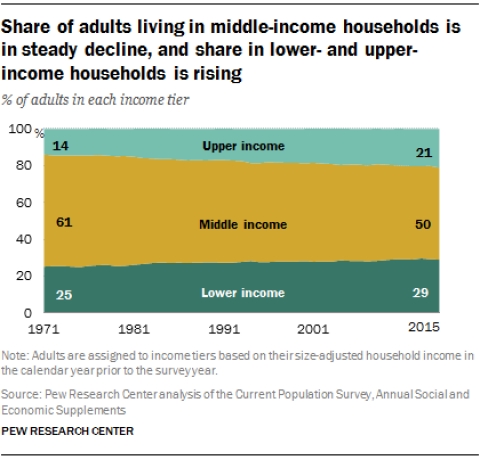 In fact, you were not brought up the same way. You had the same parents, but each child developed a different relationship with them. Here are the factors that explain why children who grow up in the same family differ from each other :
In fact, you were not brought up the same way. You had the same parents, but each child developed a different relationship with them. Here are the factors that explain why children who grow up in the same family differ from each other :
• baggage that parents carry over from their own childhood to a particular child;
• the state of the relationship between partners (where there are two parents) at the time of the child's birth and their impact on a particular child;
• the form and content of mistreatment or love for a particular child;
• degree of favoritism towards a particular child;
• The degree to which a particular child is labeled—usually this occurs when parents use the child as a trash can for unwanted feelings ("I'm fine, you're not").
• in what order this particular child was born in the family;
• gender of the particular child;
• what gives the rivalry between children (it is always present) to a particular child.